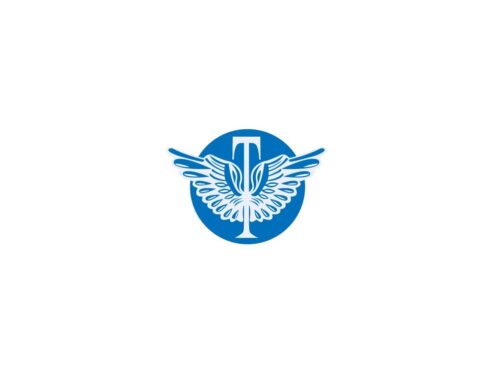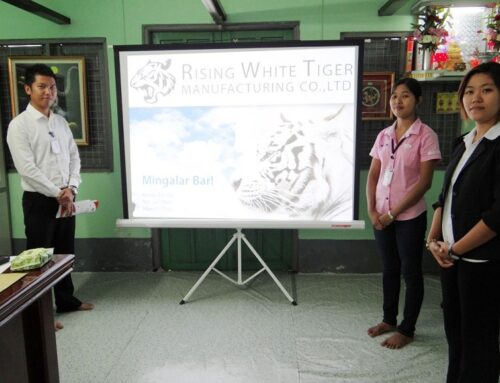
As a vital source of financial and technical assistance to developing countries, the World Bank is aiming to create unique partnership with Myanmar in order to reduce poverty and support development. Abdoulaye Seck, World Bank former Country Manager for Myanmar, discusses country’s opportunities to deepen reforms and create common prosperity.
European Times: Please elaborate on some recent major challenges Myanmar is facing in its development process.
Abdoulaye Seck: Even though Myanmar is the largest country in mainland Southeast Asia, with rich endowment of natural resources, significant potential for increased production and profits in agriculture and great geographical location, the country needs to face a lot of challenges in the following period. Poverty is unequally concentrated in rural areas and a large number of households live near the poverty line, being sensitive to economy-wide shocks. Public service has been neglected especially the education and health system, making Myanmar the lowest life expectancy country, where less than one in five children finish high school. Only one-third of the population has access to the electricity grid, with only 60% of mobile and 25% if internet penetration.
European Times: What is the main strategy and focus of the World Bank for this country?
Abdoulaye Seck: In 2015, the World Bank Group completed a Country Partnership Framework (CPF) as a strategy for Myanmar. The CPF provides US$2.6 billion support from WBG and IFC, covering a period of three years and focuses on three main pillars: reducing rural poverty, investing in people and effective institutions for people and supporting a dynamic private sector to create jobs.
European Times: What are some of the World Bank current projects?
Abdoulaye Seck: The Bank provides active support in the development of off-grid and on-grid electricity solutions, aiming to provide electricity infrastructure for 7.2 million households and universal access to electricity by 2030, increase the usage of national gas in order to decrease the costs in electricity production and secure active usage of alternative resources such as solar energy, biomass and wind. Projects in education provide financial help for students, investments in building and reconstruction of schools, and projects in agriculture include improvement and rehabilitation of 35.000 hectares of existing irrigation systems, better management of land and water resources. The World Bank Group also prepared a series of policy notes to promote debate and ideas on inclusive growth as incoming policy makers prepare to take on their new roles, highlighting six priority areas – access to social services, reducing rural poverty, private sector competitiveness, financial inclusion, access to energy, and public sector governance.




